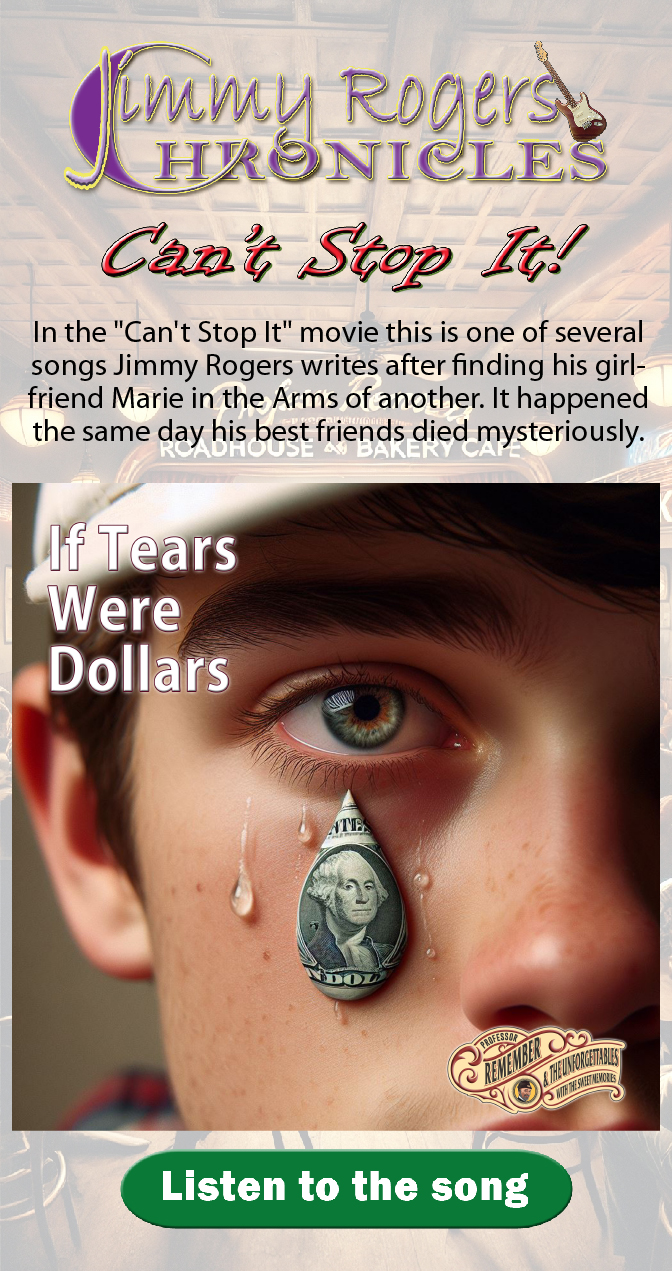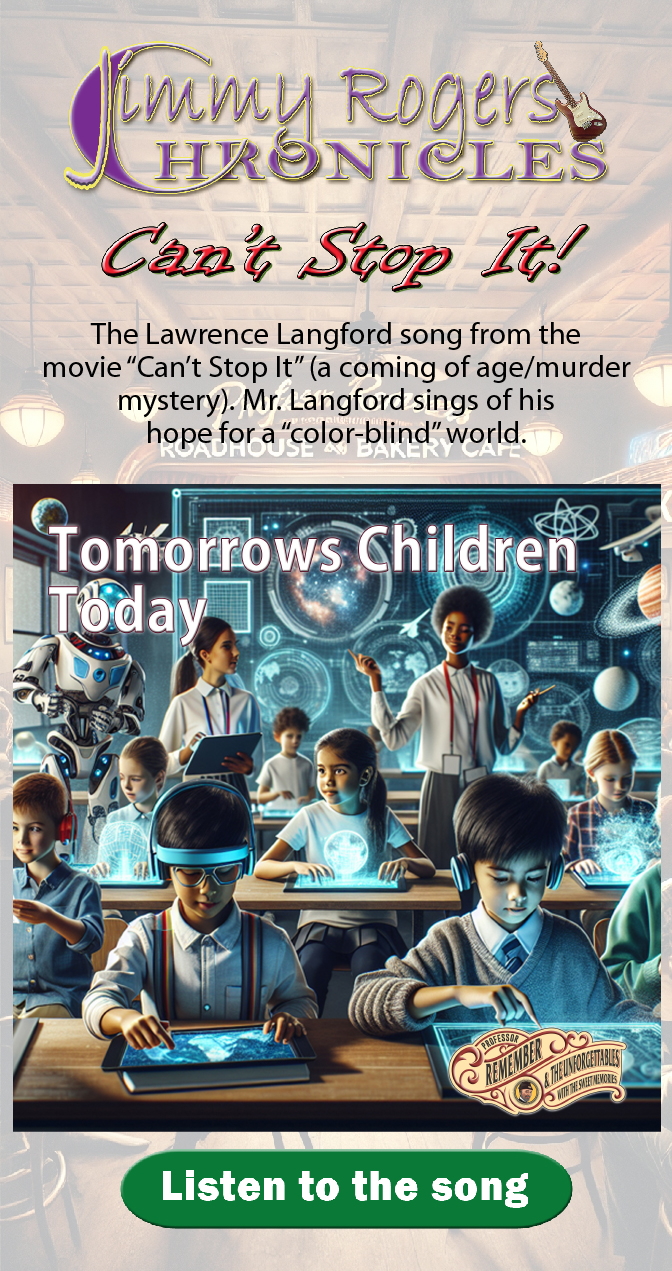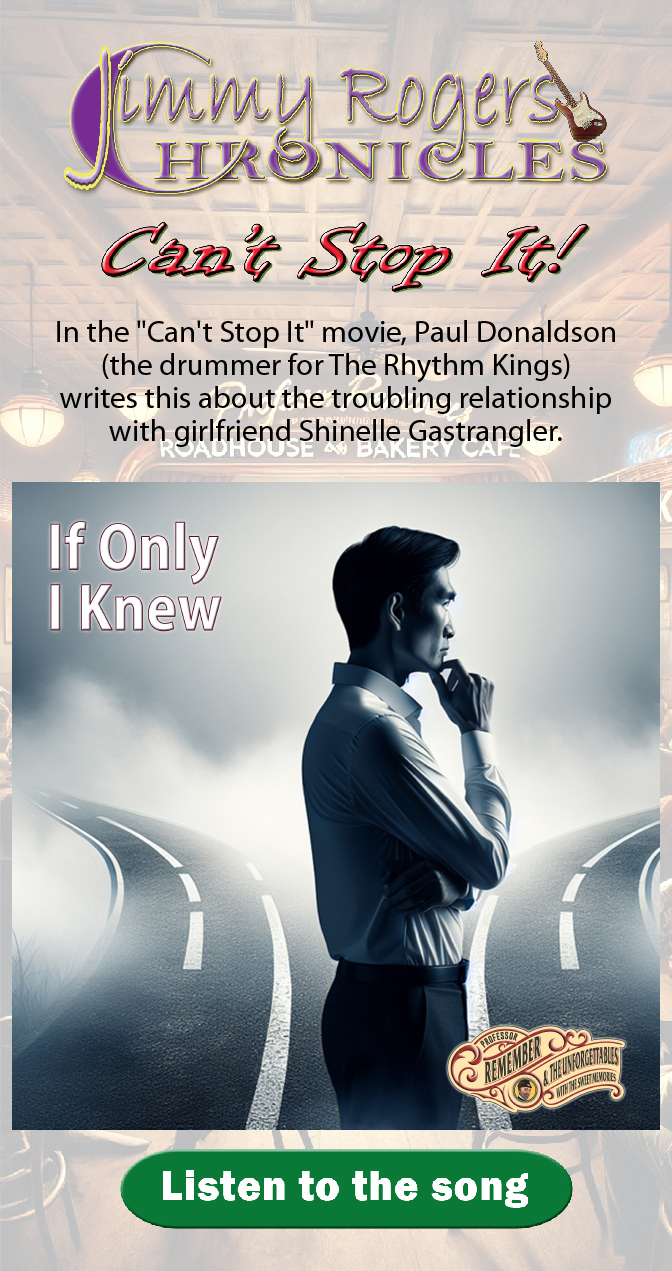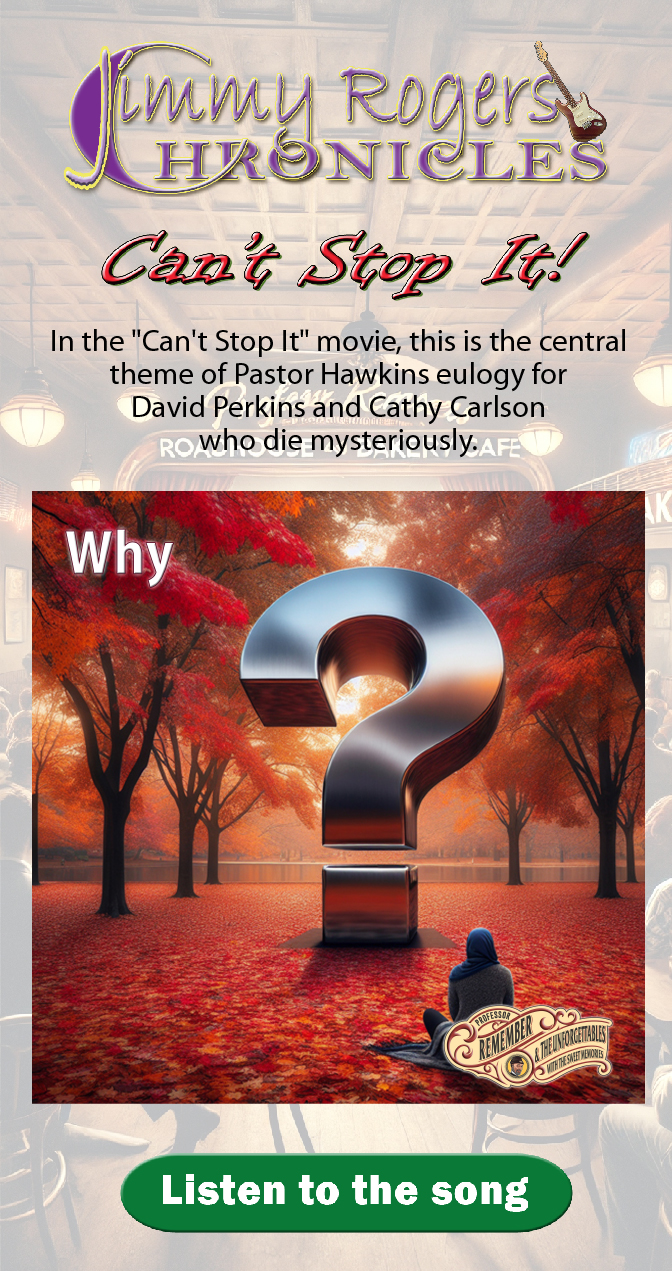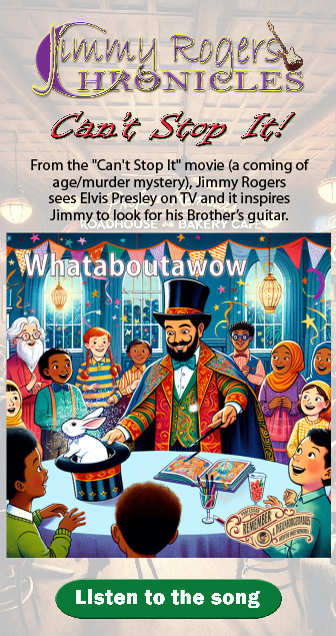
“A smile is the best makeup any girl can wear.”
Marilyn Monroe
smilesopedia
Celebrating the Power of a Smile

Smiles Opedia Podcast (press play)
Author: J H McIntosh
Introduction
A smile is more than just a facial expression—it’s a universal language of joy, connection, and hope. Whether it’s a grin shared between strangers or a heartfelt laugh among friends, smiles possess an extraordinary ability to transform lives and brighten the darkest days. At SmilesOpedia, we celebrate this simple yet profound act by bringing you daily doses of positivity and inspiration through the power of smiles.
Imagine a place where the beauty of a smile is at your fingertips. SmilesOpedia is designed to do just that, offering visitors a treasure trove of radiant smiles from across the globe. Here, you can explore, vote, and share your favorite smiles; while learning about the fascinating impact they have on our lives. Welcome to a platform where every click spreads a little more joy.
The Science of Smiles
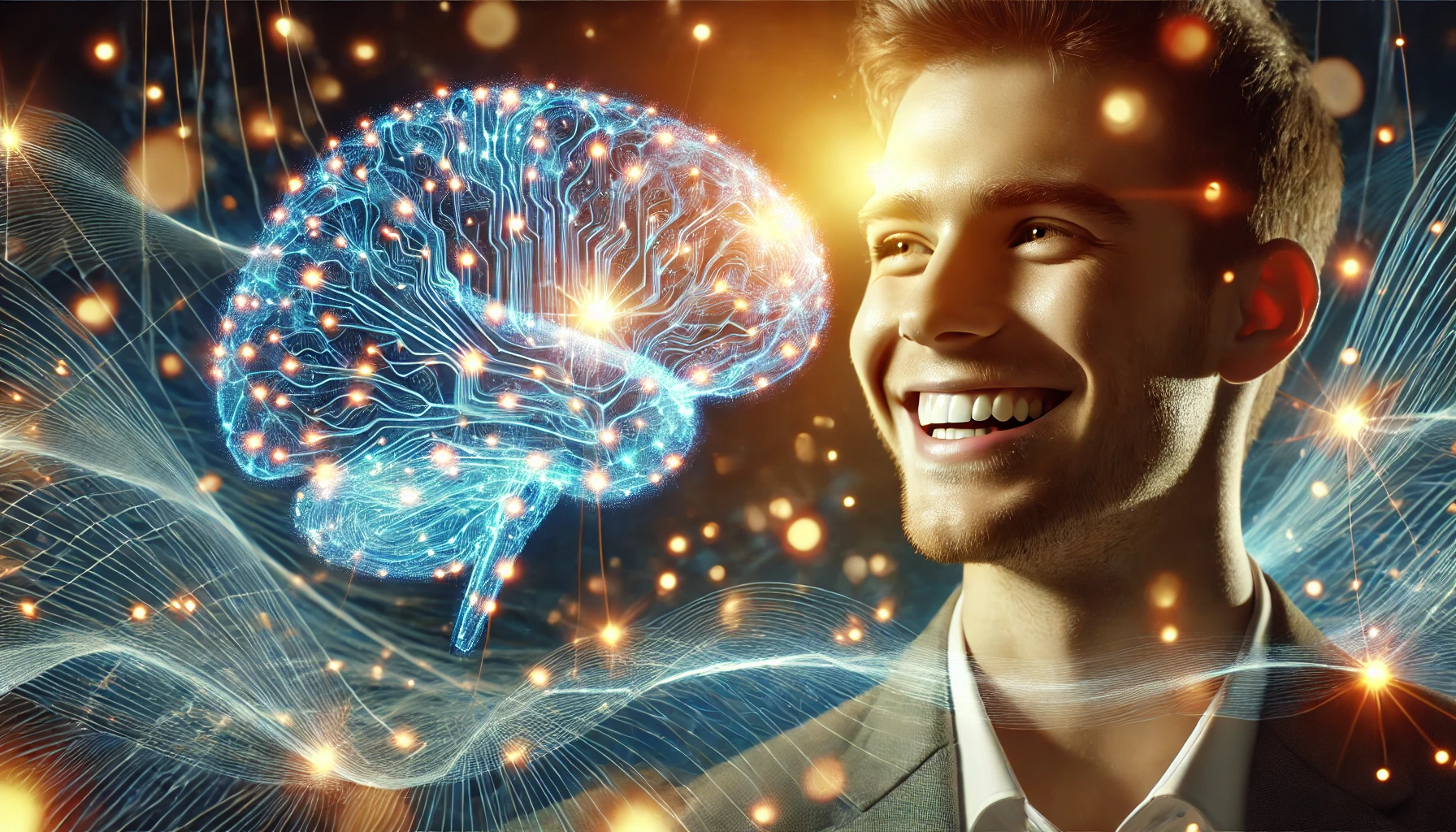
Smiling isn’t just an outward expression of happiness—it has profound effects on our bodies and minds. Research shows that smiling triggers a cascade of positive changes, beginning with a boost of dopamine, the brain’s “feel-good” chemical. Here are some of the incredible ways smiles improve our lives:
- Mental Health Benefits
- Smiling releases endorphins, natural painkillers that help reduce stress and elevate mood.
- It lowers levels of cortisol, the stress hormone, leading to an overall sense of calm and well-being.
- Physical Health Benefits
- Smiling can lower blood pressure and improve cardiovascular health.
- A smile boosts your immune system by increasing the production of infection-fighting antibodies.
- Studies suggest that people who smile often may even live longer.
- The Facial Feedback Hypothesis
Even a forced smile can make you feel happier. According to the facial feedback hypothesis, the act of smiling sends signals to your brain that reinforce feelings of happiness and contentment. In essence, your body doesn’t just reflect your emotions—it shapes them.
Cultural Significance of Smiles
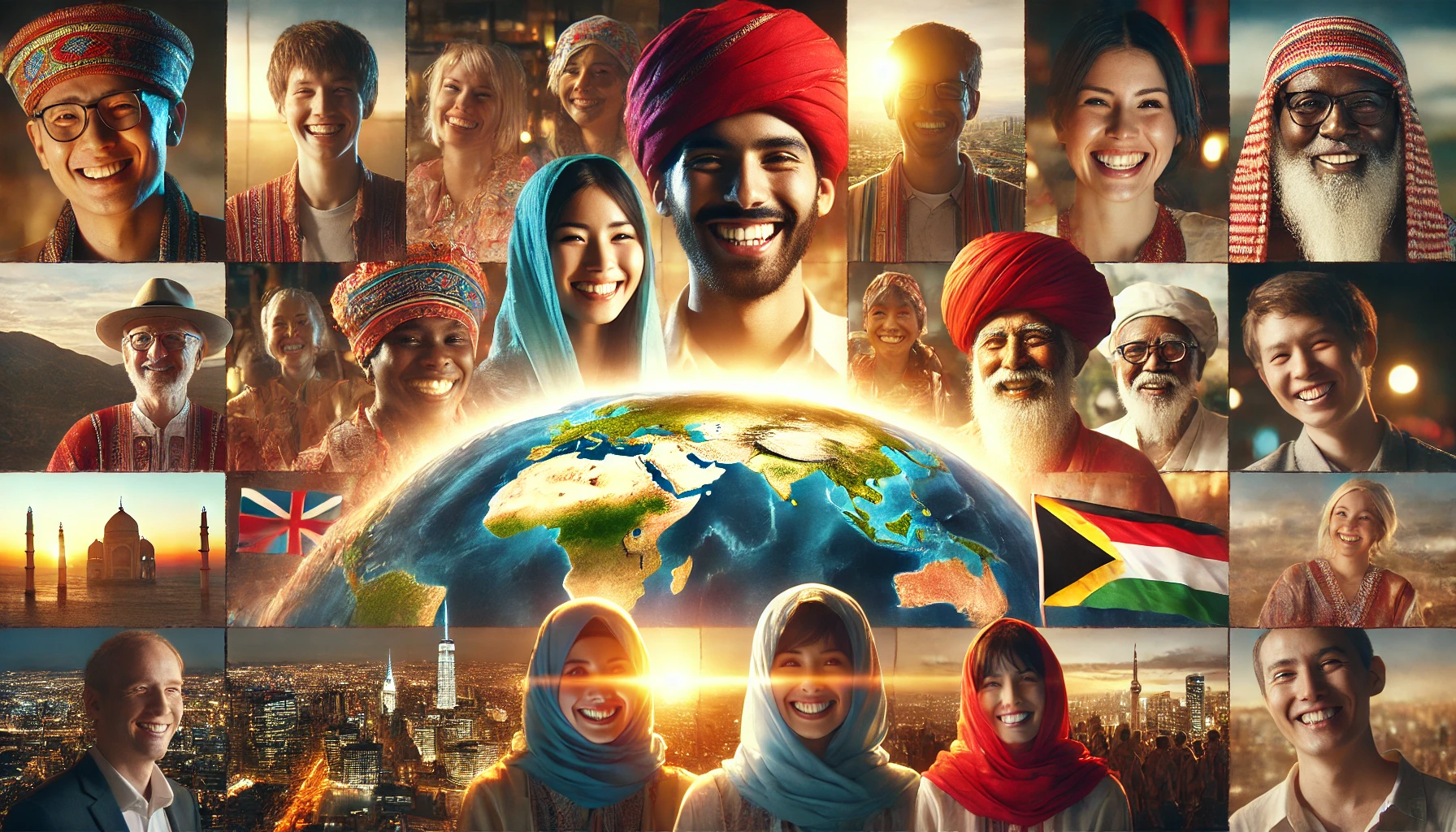
Smiles may look the same across the world, but their meanings can vary by culture. What unites us, however, is the universal recognition of a smile as a symbol of positivity.
- Universal Connection
Across languages and borders, smiles are understood as a sign of friendliness and approachability. They serve as a bridge between people of different backgrounds, fostering instant connections.
- Cultural Variations
In some cultures, like those in Japan, a smile can mask discomfort or disagreement, while in Western societies, it often conveys openness and trust. Understanding these nuances enriches our appreciation of how smiles are perceived around the world.
- Smiles in History
From the enigmatic Mona Lisa to the cheerful grins of historical leaders, smiles have played a role in art, diplomacy, and storytelling throughout history. They have been immortalized as symbols of hope and resilience.
Smiles in Media and Popular Culture
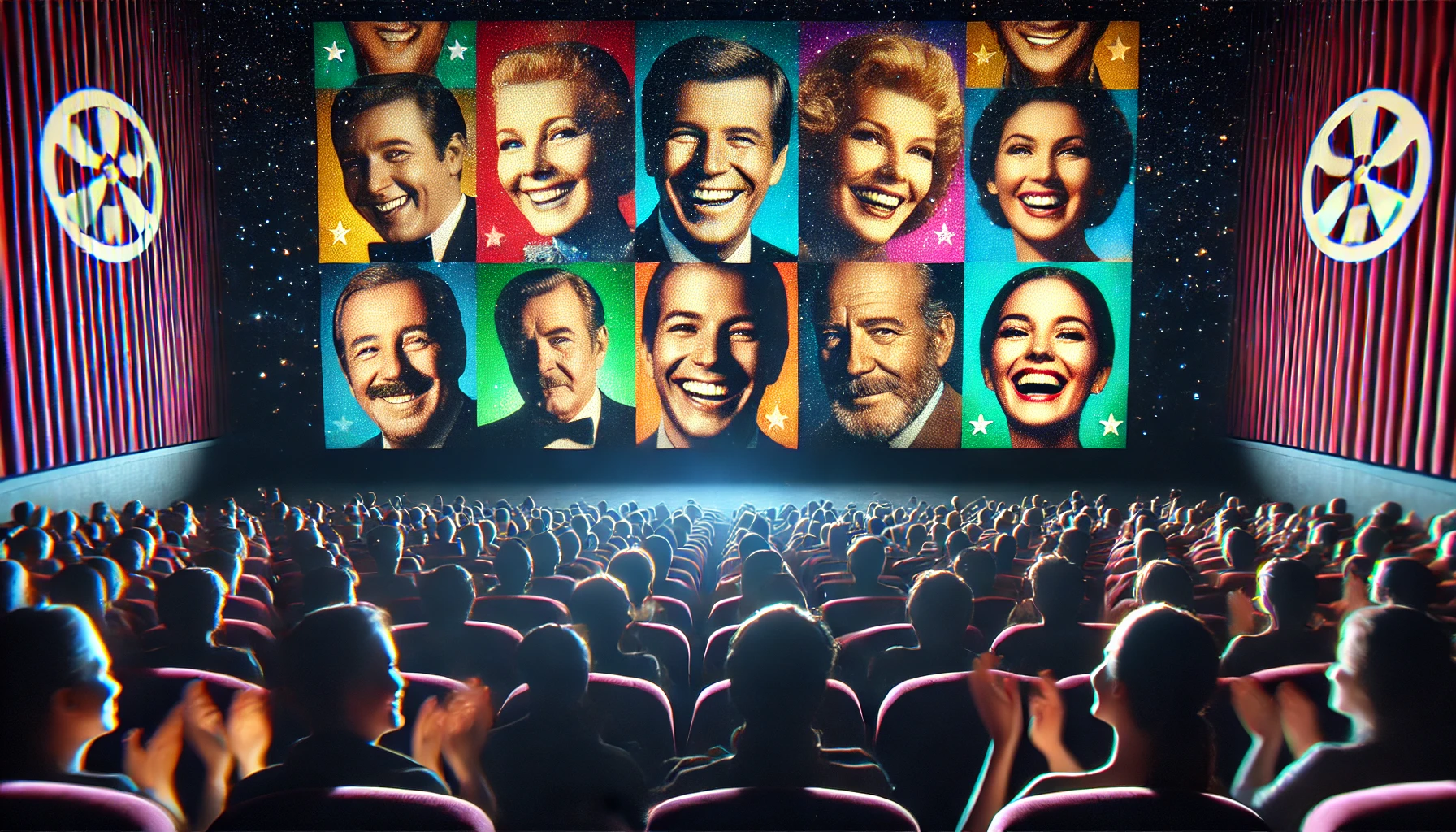
Smiles have left an indelible mark on media and entertainment. Their ability to captivate and inspire makes them a favorite subject in art, advertising, and celebrity culture.
- Iconic Smiles
Think of Julia Roberts’ radiant smile or the mischievous grin of Elvis Presley. These smiles have become synonymous with charm, confidence, and charisma, leaving a lasting impression on fans worldwide.
- Smiles in Advertising
Marketers know the power of a smile. Advertisements featuring smiling faces are more likely to evoke trust and positivity, making them a key element in branding strategies.
- Celebrity Influence
Celebrity smiles often set trends and become cultural icons. Their smiles not only light up screens but also inspire fans to embrace the joy and confidence they exude.
Smiles and Personal Well-Being

Smiles aren’t just good for the people giving them—they benefit the receivers too. Here’s how smiles can transform relationships and self-perception:
- Smiling at Strangers
A simple smile at a stranger can create a ripple effect of positivity. Studies have shown that smiling at others makes them more likely to smile back, spreading joy exponentially.
- Smiles in Relationships
In personal and professional relationships, smiles foster trust, strengthen bonds, and promote effective communication. They are often the first step in breaking down barriers.
- Confidence and Smiling
Smiling makes you appear more confident and approachable. When you smile, others perceive you as warm and capable, which can boost your own self-esteem.
Smiles in Art, Literature, and Music
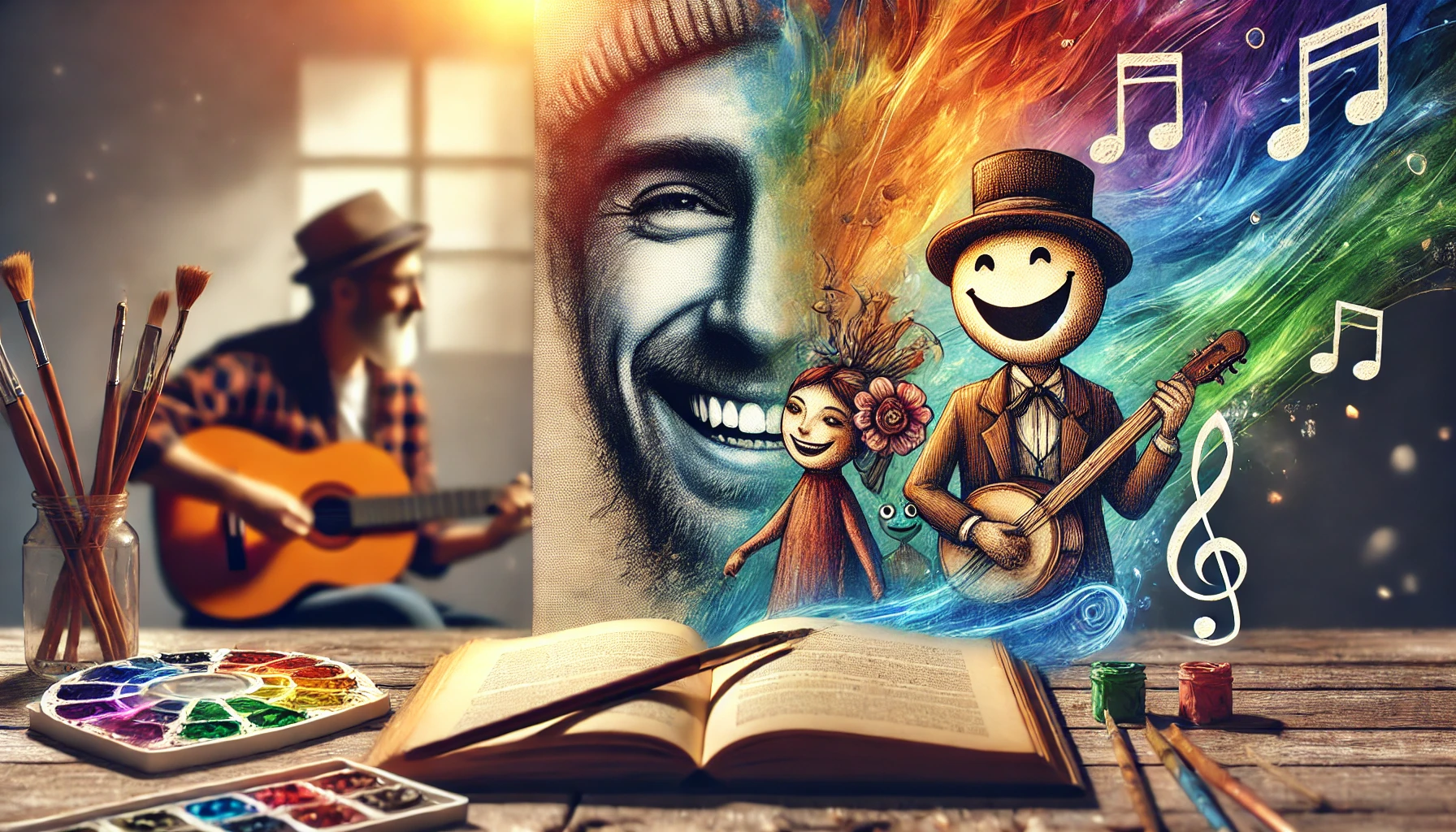
Smiles have inspired countless works of art, literature, and music, highlighting their enduring appeal.
- Art
From classical paintings to modern photography, artists have long been captivated by the beauty of a smile. The Mona Lisa’s mysterious expression continues to intrigue viewers centuries later.
- Literature
Poets and authors often use smiles to symbolize happiness, hope, and connection. Famous lines like “A smile is the universal welcome” capture their timeless significance.
- Music
Songs like “When You’re Smiling” and Nat King Cole’s “Smile” celebrate the transformative power of a grin, reminding us of its ability to brighten even the darkest moments.
Why Smiles Matter in Today’s World

In a fast-paced, often stressful world, smiles are more important than ever. They serve as antidotes to negativity, fostering unity and joy.
- Counteracting Negativity
Smiles can diffuse tension and replace negative emotions with optimism. A simple smile has the power to change the tone of an interaction or brighten someone’s day.
- Building Communities
Whether it’s through shared laughter or a friendly greeting, smiles help create a sense of belonging and strengthen communities.
- Social Good
Campaigns promoting kindness and inclusion often use smiles as their cornerstone. A smile can be a small act of goodwill with a profound impact.
SmilesOpedia’s Unique Features
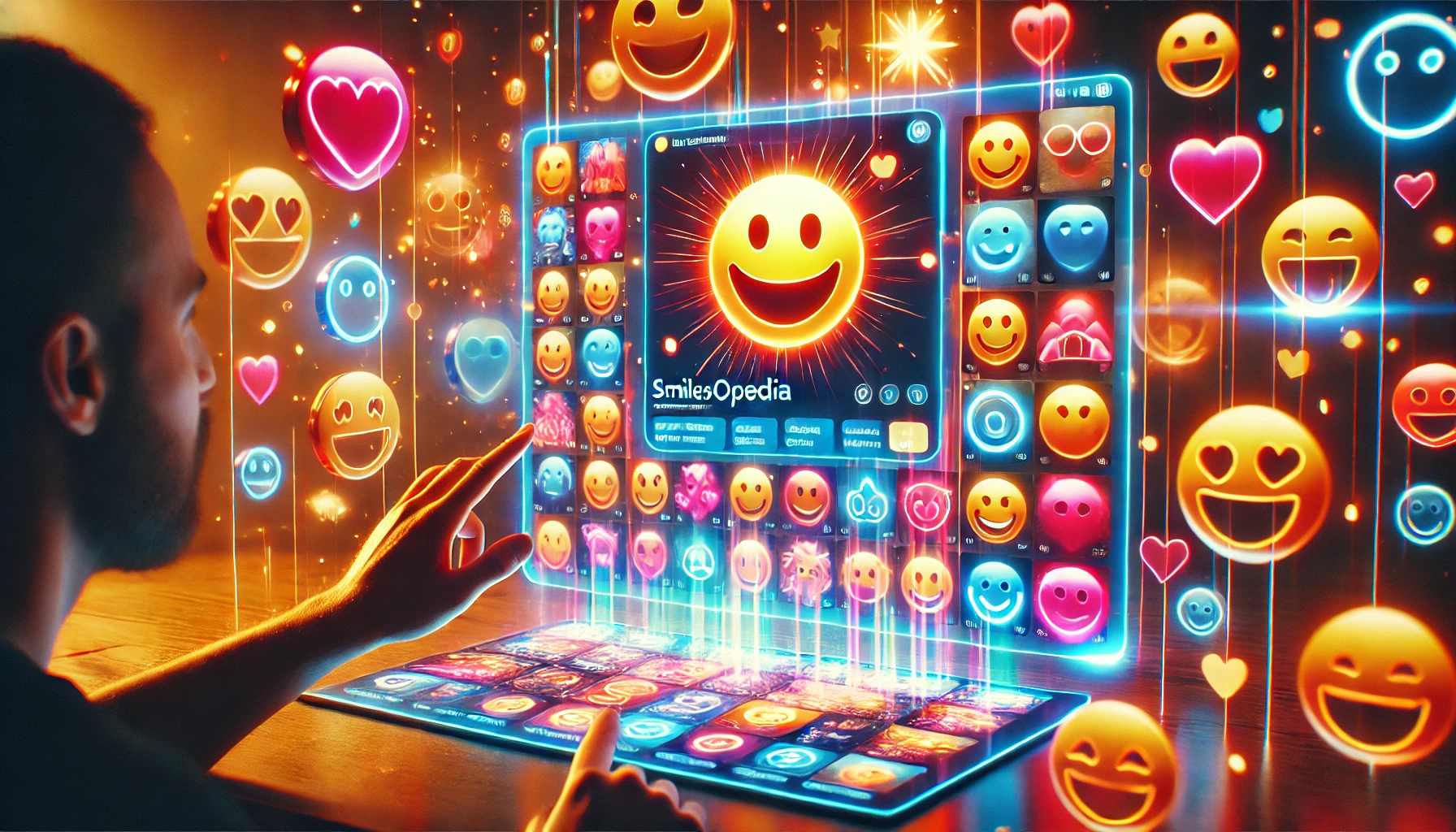
SmilesOpedia isn’t just a website—it’s a celebration of joy. Here’s what makes it special:
- 36 Categories of Smiles
From actors and musicians to entrepreneurs and religious leaders, SmilesOpedia offers a wide range of smiles to explore and enjoy.
- Daily Voting System
Each day, visitors can vote between two trending individuals in their chosen category. Who has the most captivating smile? You decide!
- Community Sharing
Share your favorite smiles with friends and family, spreading positivity far and wide. Your vote contributes to a growing celebration of happiness.
Conclusion
A smile is a gift—to yourself, to others, and to the world. At SmilesOpedia, we’re on a mission to amplify the power of smiles, one joyful moment at a time. So, why not start today? Explore our categories, cast your vote, and share the joy of a smile. Together, let’s make the world a brighter place, one smile at a time.
As Mother Teresa once said, “Peace begins with a smile.” Let’s create peace, joy, and connection, starting with yours.
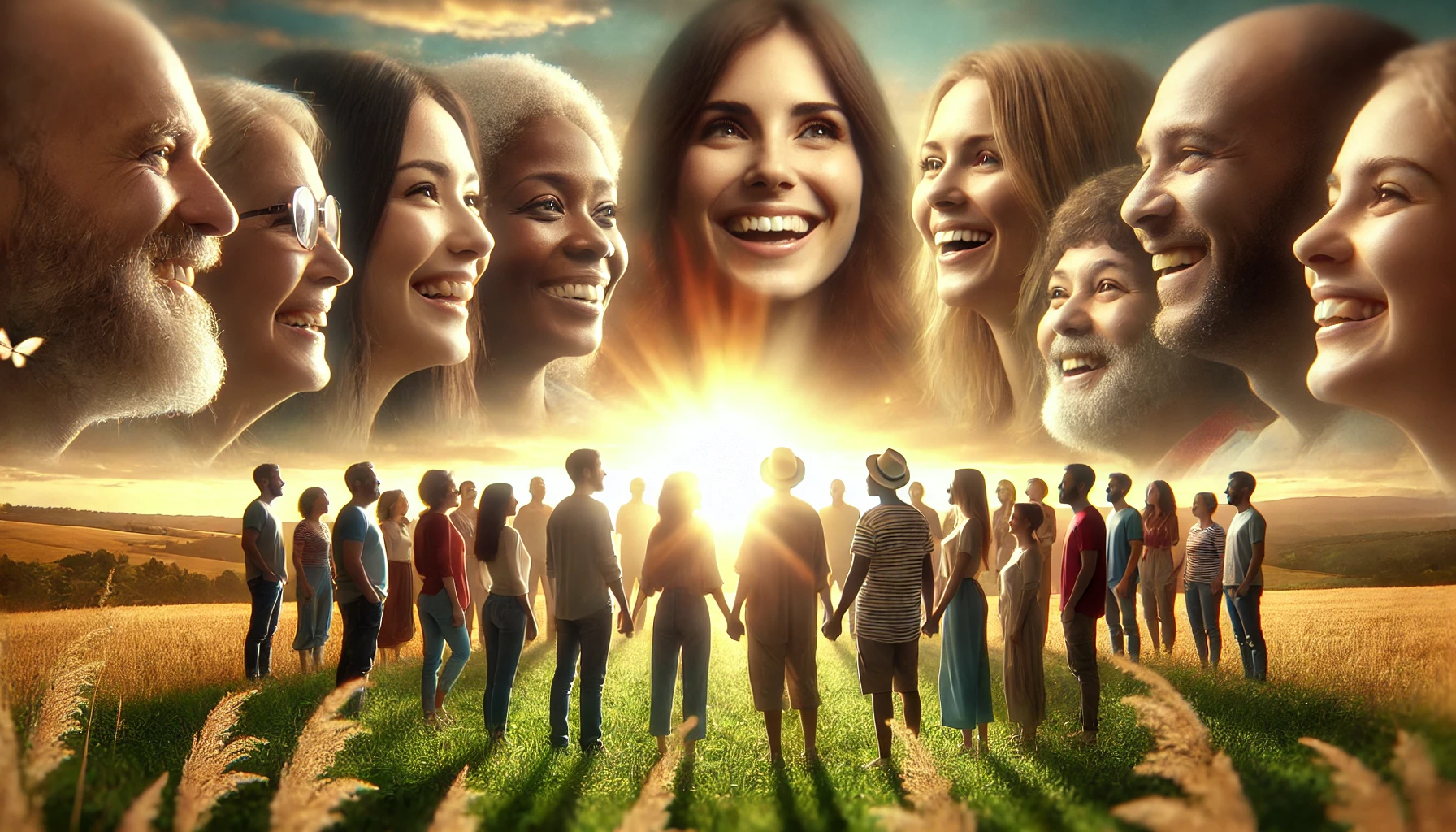
*Aaron Rizzer, (a/k/a Professor Remember) and Belle Marie Belizaire are fictional characters in “Can’t Stop It” the movie written by J H McIntosh.
“Can’t Stop It” is a coming of age/murder mystery where teenager Jimmy Rogers is in a battle to break from his Father’s belief “Life is a cruel joke, barely worth living”.
If Jimmy loses this battle, he will take his own life and the deaths of his best friend David Perkins and David’s girlfriend Cathy Carlson will go unsolved.
Aaron is the founder of Professor Remember’s Roadhouse and Bakery Cafe, where he first meets Belle, with whom he develops an unconditional love and mentorship.
For more information about the characters and events in “Can’t Stop It” the movie, go here. Download the soundtrack to the movie here.



